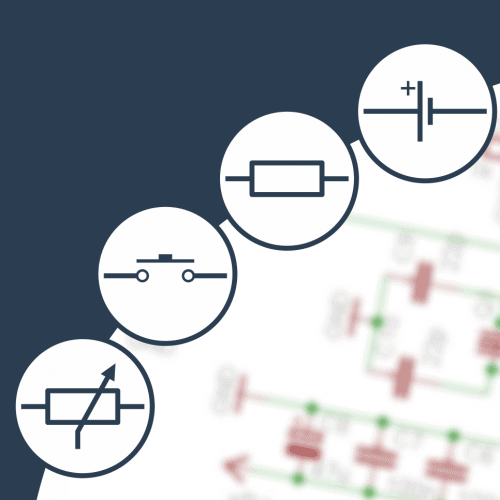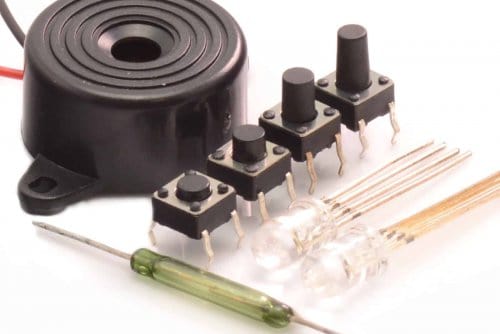Problem z pinem MISO na nodeMCU
-
Quizy
-
Autor quizu: Treker 15 5 164
-
Najnowsze posty w innych tematach
-
Kurs elektroniki II - #5 - czujniki analogowe 1 2 3 4 8
Przez Komentator, w Artykuły redakcji (blog)
- 106 odp.
- 26 275 wyświetleń
-
- 1 odp.
- 138 wyświetleń
-
- 1 odp.
- 48 wyświetleń
-
- 1 odp.
- 137 wyświetleń
-
- 0 odp.
- 51 wyświetleń
-







Pomocna odpowiedź
Dołącz do dyskusji, napisz odpowiedź!
Jeśli masz już konto to zaloguj się teraz, aby opublikować wiadomość jako Ty. Możesz też napisać teraz i zarejestrować się później.
Uwaga: wgrywanie zdjęć i załączników dostępne jest po zalogowaniu!